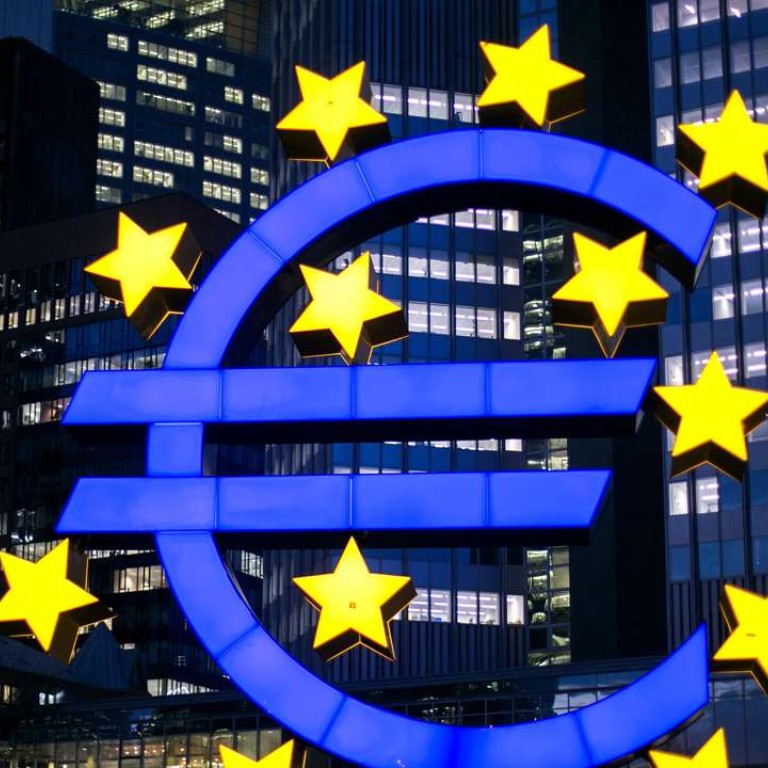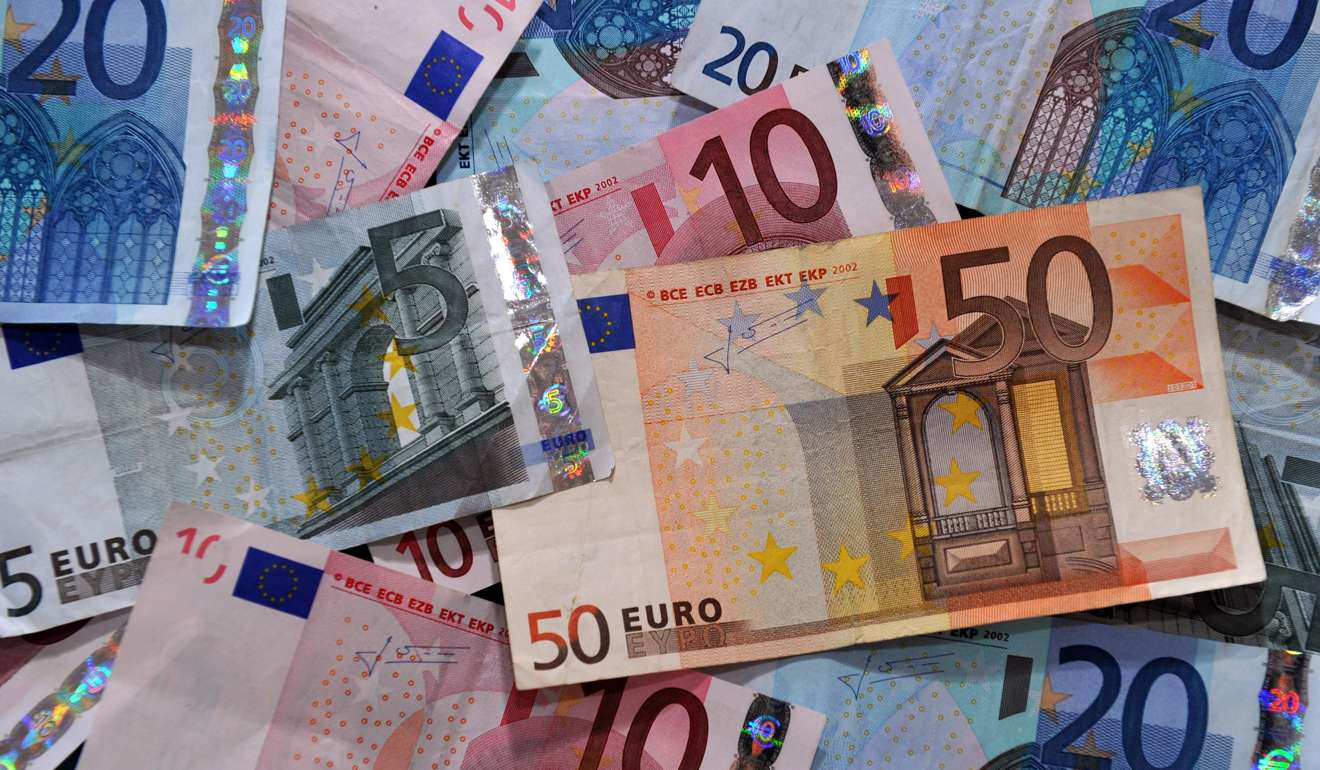
Asian investors: be very wary about the euro zone
Germany’s still at the reins, but the overvalued euro is putting other members under growing pressure, with Greece’s wafer-thin economy once again falling under the spotlight
In the 1960s, French President Charles De Gaulle described Europe as “a coach and horses, with Germany the horse and France the coachman.”
But that vision, if it was ever truly realistic in the long term, now seems curiously dated.
In 2017, an admittedly economically strong German horse seems increasingly tired of being expected to pull along a heavy euro zone coach whose wheels are close to falling off. As for the French coachman, he lost control of the reins a long time ago, but is only now realising it.
In truth a project, embarked upon with the best of motives, now appears hamstrung by a mass of unresolved inconsistencies that have arguably remained unaddressed because they are actually unsolvable under monetary but not political union.
On the upside, Germany’s exporters are undoubtedly thriving. Germany’s 2016 current account surplus was even larger than China’s, making it the largest in the world.
But Peter Navarro, the head of the US President Donald Trump’s new National Trade Council feels Germany has exploited a “grossly undervalued” euro to gain a competitive advantage on the global scene.
Germany’s exporters are undoubtedly thriving. Germany’s 2016 current account surplus was even larger than China’s, making it the largest in the world
Navarro may have a point. Research firm World Economics estimated on Feb 15 that, on a purchasing power parity comparison, for Germany the euro is 15 per cent undervalued versus the US dollar.
No wonder the German economy is packing such horse-power but Navarro’s complaint would be resolved if the euro shot up in value versus the dollar. Unfortunately, the rest of the euro zone cannot handle that.
While the euro is undervalued for Germany, World Economics estimates it is 6 per cent overvalued for France, 11 per cent overvalued for Greece and only 5 per cent undervalued for Italy and Spain.
A stronger euro might rein in the German economic horse but the wheels would likely fall off the euro zone wagon as a whole.
Locked into a common currency but not a political union, euro zone members have both devolved monetary policy to the European Central Bank (ECB) and given up the control they could have exercised a national currency.

If the euro is too strong, as in Greece’s case, the only way Athens can regain competitiveness is through an “internal devaluation.”
Austerity policies might address fiscal problems but it is the accompanying rise in unemployment and lower wages that really restores competitiveness.
In the meantime the constraints of its mandate, limit the ECB’s capacity to provide complementary monetary assistance at an individual national level.
“We created in our infinite wisdom, a common currency and we had a common central bank but without a state to correspond to this central bank,” Greece’s former Finance Minister Yanis Varoufakis said in April 2016, but “that common central bank was created on the proviso that it would not come to the assistance ever of any of the states of which it would be the central bank”.
Additionally any idea that a currency union, especially if it got into troubled waters, would create a sense of common identity that inexorably led in the direction of political union has pointedly failed to materialise.
...any idea that a currency union, especially if it got into troubled waters, would create a sense of common identity that inexorably led in the direction of political union has pointedly failed to materialise
Greece is a case in point. While the International Monetary Fund has said that Greece needs debt relief, Germany has rejected the notion even though Germany itself received debt relief in 1953’s Treaty of London to which Greece itself was a signatory.
But if the wheel-nuts continue to loosen on the euro zone coach of which Greece is just one part, what of the French coachman?
Saddled with what is for France an overvalued euro, the French coachman has seen the German horse charge ahead of the euro zone wagon, and now must also contemplate the possibility that the far right National Front candidate Marine Le Pen might, just might, become France’s next President.
Of course the same pundits who didn’t see the Brexit vote or the election of Donald Trump now argue that Le Pen cannot win could but if she does she has already said France would leave the euro. The coachman might let the German horse go its own way and jump off the euro zone wagon.
A stronger euro might assuage US concerns about Germany’s export performance but it would only exacerbate the deep-rooted fault lines in the euro project that are becoming more and more obvious to an increasingly frustrated European electorate who feel the political centre has let them down badly.
The rise of Marine Le Pen is a symptom of a deeper malaise not its cause.
Investors in Asia should think long and hard before hitching their wagon to that of the euro zone.

